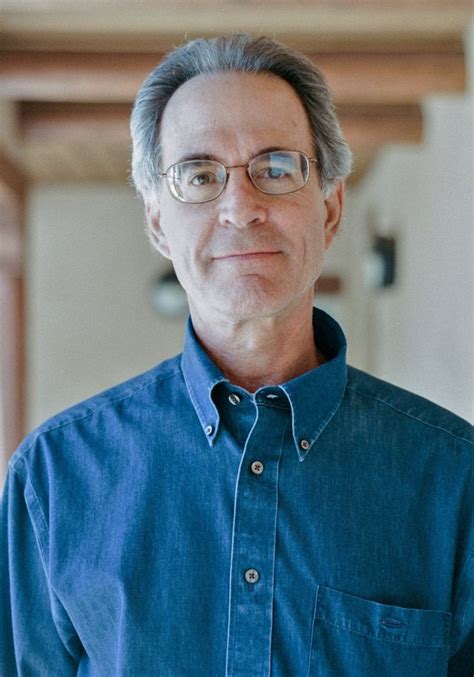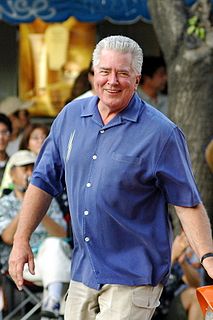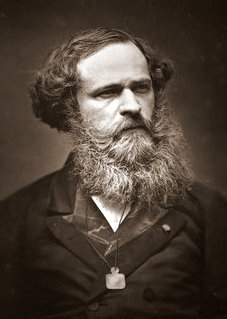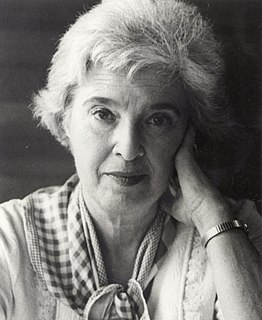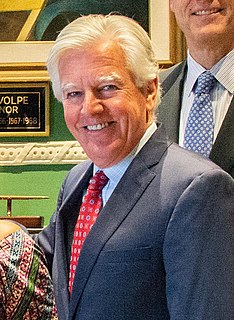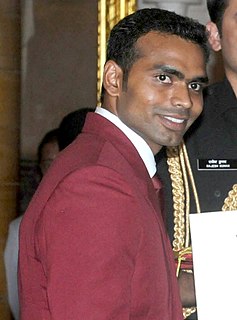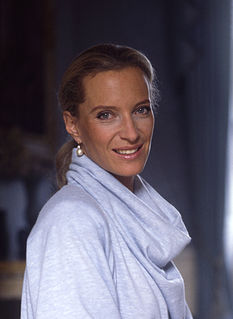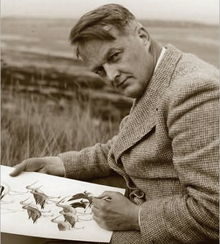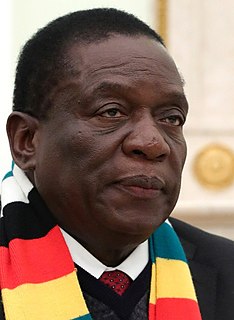Top 1200 Good History Quotes & Sayings - Page 16
Explore popular Good History quotes.
Last updated on November 13, 2024.
History does nothing, possesses no enormous wealth, fights no battles. It is rather man, the real, living man, who does everything, possesses, fights. It is not History, as if she were a person apart, who uses men as a means to work out her purposes, but history itself is nothing but the activity of men pursuing their purposes.
Think about it: you've already related it down to something that somebody else can understand. If art relates to something - it's like Picasso, it's like Mondrian - it's not. Art's supposed to be what it is. Using a reference of art history might help for some kind of sales, but it doesn't really help anybody. Art is what it is; it cannot be footnoted, until it enters the world. Then it has a history. Then the footnotes are the history, not the explanation.
I'm a historian by training and by conviction. And so the thing that has throughout informed my thinking about international relations is history. I think, for example, the reason that I was perhaps able to see sooner than some others that the Soviet Empire in Eastern Europe was decaying--if not disintegrating--was that I came to it through history and through Germany, rather than through Sovietology and through Moscow. And therefore the starting point was that no empire in history has lasted forever, and this one won't either.
Adam Clayton Powell's entire political career has to be looked at in the entire context of the American history and the history of, and the position of the Afro- American or negro in American history. [He] has done a remarkable job in fighting for rights of black people in this country. On the other hand, he probably hasn't done as much as he could or as much as he should because he is the most independent negro politician in this country.
For many people during many centuries, mankind's history before the coming of Christianity was the history of the Jews and what they recounted of the history of others. Both were written down in the books called the Old Testament, [the Torah] the sacred writings of the Jewish people ... They were the first to arrive at an abstract notion of God and to forbid his representation by images. No other people has produced a greater historical impact from such comparatively insignificant origins and resources.
I am interested in the possibility that we are going to be wrong in the same way that history has indicated that mankind always is. It seems as though the history of ideas is the history of being wrong. And to me, that is a kind of continuum. It's a continual path that shows we don't always know something, but we're always shifting to a path that makes us feel more comfortable in the moment, even if that shift is wrong, and a new shift is destined to happen again.
I don't know the history of hating communism in America. I've always been interested in it, and I've thought about studying it in the past, but I've just looked into other topics first. That certainly sounds like a good topic that we could do on the show. I think it would be really interesting. We would just need to spend a lot of time researching it, getting into it, running down that topic. So I'll take that as a really good pitch for a future episode.




